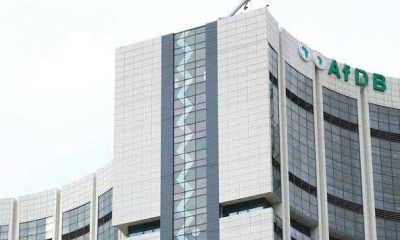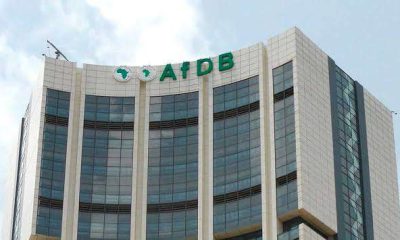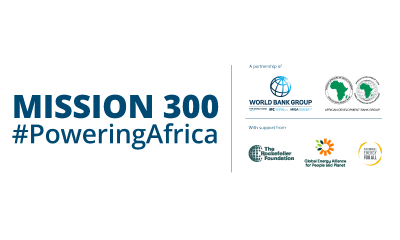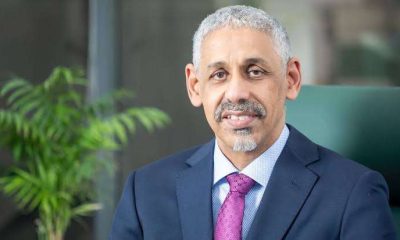Business
AfDB, Algeria strengthen devt ties as bank rallies African markets for new financial architecture

The African Development Bank (AfDB) has announced two major developments aimed at accelerating Africa’s economic transformation, a deepened strategic partnership with Algeria and the launch of high-level consultations to redesign the continent’s financial architecture.
The Bank’s President, Dr Sidi Ould Tah, concluded a two-day official visit to Algeria on 17 November, during which the North African nation designated the AfDB as its key international financing partner for major national development projects. Algeria’s decision marks a significant shift as it re-engages with external financing under its 2025 Finance Law.
A priority project under this renewed cooperation is the $2.8 billion Laghouat–Ghardaïa–El Meniaa railway line, a 495km segment of the envisioned Trans-Saharan Railway. The corridor will eventually stretch to Tamanrasset and connect with Niger, opening Algeria’s vast southern region and improving access to markets for landlocked Sahel countries. Algeria aims to double its rail network to 10,000 km by 2030, with a further long-term target of 15,000 km.
Officials also outlined sweeping plans to boost domestic processing of hydrocarbons and minerals. Minister of Hydrocarbons and Mines, Mohamed Arkab, said Algeria would no longer export raw materials without value addition. The country aims to increase local hydrocarbon transformation to 60% by 2035, backed by a $60 billion investment plan, while expanding petrochemical, hydrogen, and mineral-processing capacity.
Dr Ould Tah praised Algeria’s execution capacity – noting the completion of 950 km of railway in two years using domestic expertise – and reaffirmed the Bank’s support for the country’s industrialisation, energy security and water resilience efforts. He also inspected the Fouka 2 desalination plant, part of Algeria’s strategy to meet 60% of national water demand through desalination by 2030.
Separately, in Abidjan, the AfDB on Tuesday convened over 50 heads of African stock exchanges, development finance institutions, private equity firms and venture capital funds for the first round of consultations on a proposed “New African Financial Architecture.”
The two-day meetings aim to address the continent’s chronic financing gaps by improving capital market integration, mobilising long-term domestic capital, and scaling up funding for small and medium-sized enterprises (SMEs). Although SMEs account for nearly 90% of African businesses, they remain heavily underfunded.
Dr Ould Tah called capital markets the “bedrock” of sustainable economic growth and urged African exchanges to drive reforms that will deepen liquidity, modernise regulations, expand pension fund capitalisation, and strengthen digitalisation of financial markets.
The Bank outlined three pillars for its new approach: stronger regulatory support and technical assistance for market institutions; diversification of market participants to deepen liquidity; and expanded training, research, and policy dialogue.
In addition, the AfDB announced progress in climate finance with the conclusion of the pilot phase of its Adaptation Benefits Mechanism (ABM), the first UN-recognised non-market adaptation framework under the Paris Agreement. The Bank has now opened a call for expressions of interest to host the mechanism’s permanent Secretariat, expected to be operational by 2027.
The ABM will soon begin issuing Certified Adaptation Benefits (CABs), a new asset class designed to attract investment into climate adaptation projects by certifying measurable resilience outcomes.
Dr Kevin Kariuki, AfDB Vice President for Power, Energy, Climate Change and Green Growth, described the mechanism as “transformational,” saying every dollar invested in CABs will directly support vulnerable communities rather than flow through traditional market intermediaries.
Together, the strengthened Algeria partnership, continental stock exchange consultations, and the ABM transition mark a decisive push by the AfDB to boost Africa’s financial sovereignty, industrial value chains, and climate resilience.










